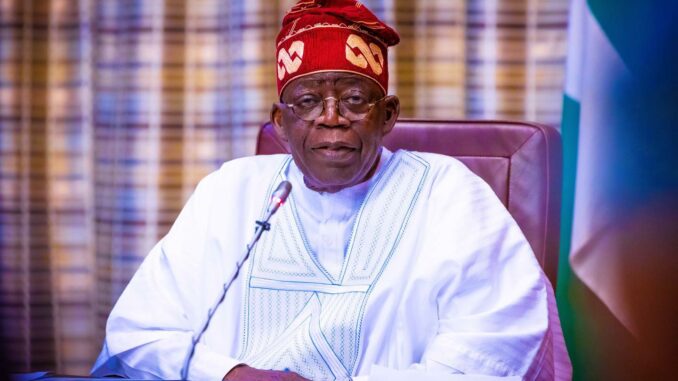
In a reflective address marking his second year in office, President Bola Tinubu conveyed on May 29 a message of cautious optimism to Nigerians, asserting that the nation is steadily emerging from its most trying economic phases.
Acknowledging the significant hardships his reform agenda has imposed, particularly the controversial removal of the fuel subsidy that triggered widespread hardship, Tinubu insisted that these difficult steps were necessary to break free from entrenched corruption and fiscal mismanagement. He confidently stated that inflationary pressures, though still palpable, are beginning to ease, and economic stability is gradually taking root.
While Nigeria’s inflation rate remains elevated at 24%, a slight decline from previous peaks, and unemployment continues to weigh heavily on the population—especially recent graduates—the World Bank projects a 4% growth in GDP for 2025, a modest improvement over Tinubu’s initial year. The president’s commitment to his “Renewed Hope Agenda” focuses on rebuilding governance, strengthening security, and fostering economic resilience, aiming to steer the country toward sustained recovery. Critics from the opposition Peoples Democratic Party, however, have dismissed the administration’s progress as insufficient, underscoring persistent socio-economic frustrations across the federation.
Public affairs analysts have highlighted the critical role of state governors in translating federal allocations into tangible outcomes, raising concerns about accountability at subnational levels. As Tinubu prepares for a potential second term amid a politically fragmented landscape, the delicate balance of ethnic and regional interests coupled with economic reforms will continue to test the durability of his leadership and the nation’s collective resolve.
